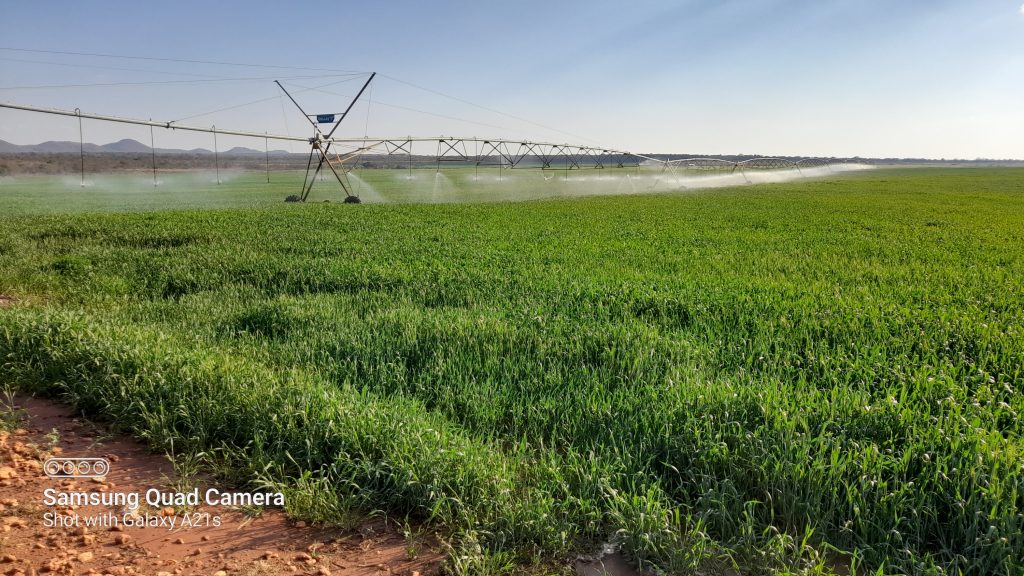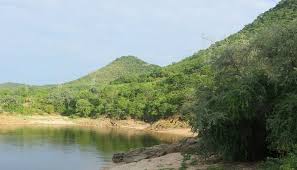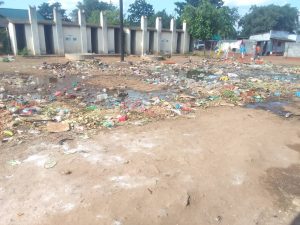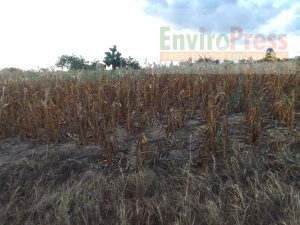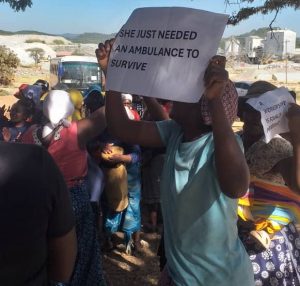…challenges remain as irrigation remains unaffordable for many
Upenyu Chaota
The farming seasons in Zimbabwe are changing due to climate change, with many areas receiving poor rains that do not support the country’s quest for improved food security.
Zimbabwe still lags behind in terms of accessibility of irrigation equipment to ordinary people, with much of the equipment available to the politically-connected and other elites.
Dr Michael Mubvuma, who is the chairperson for the department of Soil and Plant Sciences at Great Zimbabwe University (GZU)’s Garry Magadzire School of Agriculture, said the country had a lot of water bodies whose irrigation potential was yet to be exploited.
“In Masvingo province for instance, average rainfall per year is between 400mm and 650mm per year. That amount of rainfall is sufficient for traditional grains or small grains but is marginally sufficient for maize production such that we don’t get a very high maize yields.
“Looking at this amount of rainfall and at situations where we have drought conditions, we certainly need to rope in irrigation to ensure better harvests.
“The limited amount of rainfall coupled with excessive evapotranspiration in the province has a negative effect on the country’s crop yield,” said Dr Mubvuma.
He said Masvingo province boasted the largest and second largest water bodies in the country that make it potentially one of the biggest performers in terms of irrigation-driven agriculture.
“The cheapest land to irrigate using many of the water bodies we have should be the Lowveld since we can draw water from the water bodies using gravity and irrigate large swathes of farmland.
“We can also develop pumping units and make sure that we pump water to all arable land that we want to irrigate and by that, we reduce food insecurity.
He said repositories of knowledge such as GZU could be roped into efforts to make such water bodies as Tugwi Mukosi contribute to the attainment of greater food security.
“The Tugwi Mukosi Masterplan has been developed and I am sure much land will be put under irrigation and that would improve the food security situation. The impact of Tugwi Mukosi on food security is potentially very huge.
“Irrigation equipment is very expensive but over the years we have seen the government taking care of the responsibility of funding irrigation systems through the PSIPs (Public Sector Investment Programmes) by which a number of irrigation schemes were developed,” he said.
The Minister of State in the Office of the President in Charge of Monitoring and implementation of Special Agriculture Projects Davis Marapira said he was happy with the progress being made in dam construction and irrigation development.
“It is very possible for us to be the bread basket of Africa again. President Mnangagwa is committed to making sure that the country is food secure and we do not find ourselves in a position where we would import grain while we have the land and water reserves.
“More irrigation equipment is coming and more land will be put under irrigation,” said Marapira.

